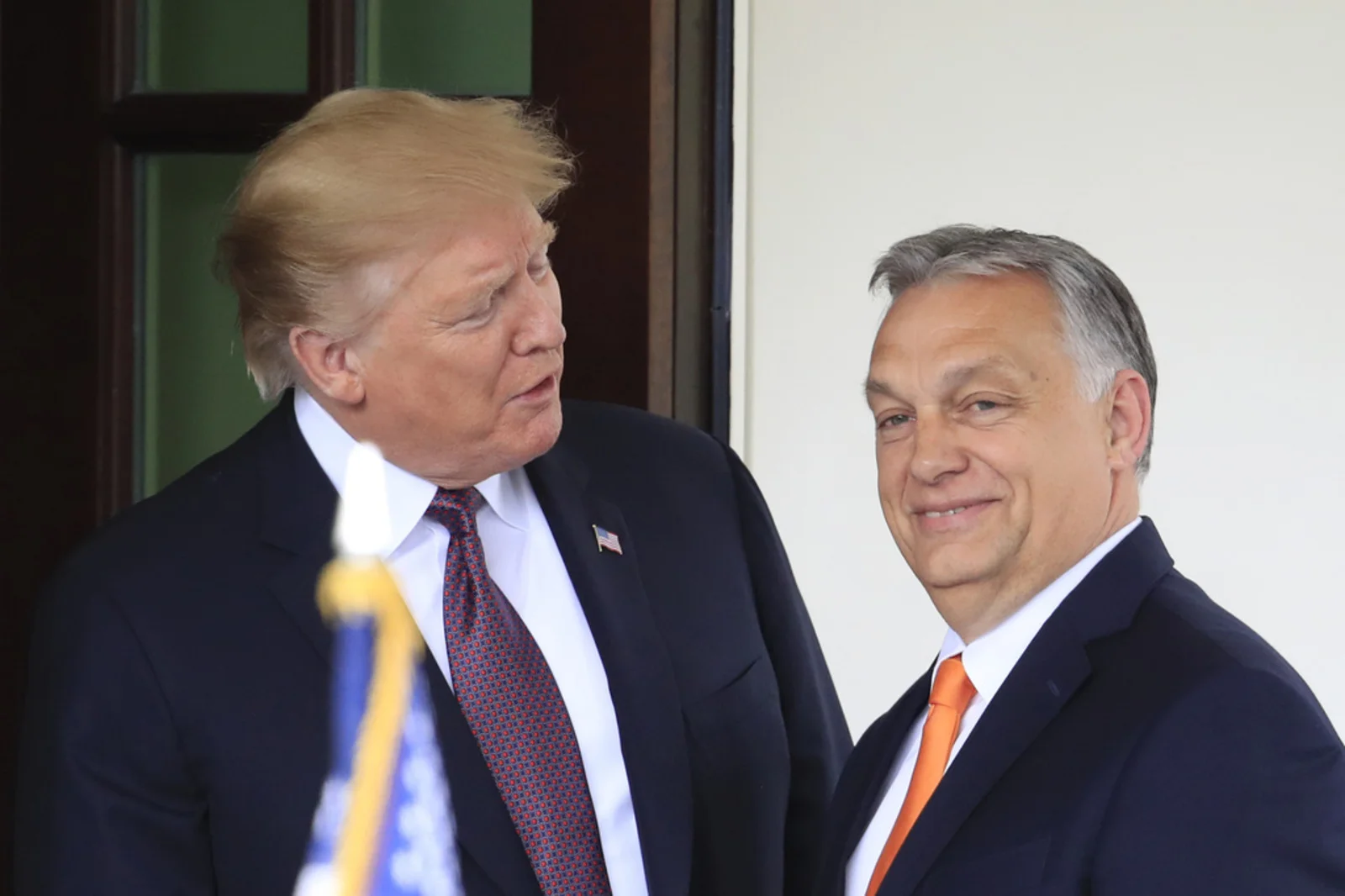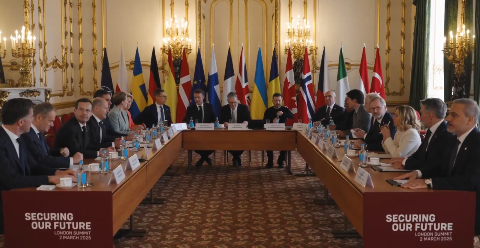National leaders from Hungary and Slovakia are siding with US President Donald Trump and Vice President JD Vance following their feud with Ukrainian President Volodymyr Zelensky in the Oval Office on Friday.
During the meeting, which had been demanded by Zelensky, Trump and Vance criticized the Ukrainian leader for wanting to continue the war rather than sue for a ceasefire with Russia when he is unable to win on the battlefield. They further castigated him for not being thankful enough for the considerable support from the US that he has received until now.
Reports suggest that hundreds of thousands on both sides have already been killed in the conflict.
The meeting was so contentious that many commentators believe it could signal a complete change in direction in Washington’s approach to the war.
“Strong men make peace, weak men make war,” Hungarian Prime Minister Viktor Orbán wrote on X. “Today President Donald Trump stood bravely for peace. Even if it was difficult for many to digest. Thank you, Mr. President!”
The Hungarian government has been urging negotiations rather than continued fighting to end the conflict from its outset.
Balazs Orbán, who is a Hungarian MP as well as Viktor Orbán’s political director, made a more detailed statement on X. “In light of the events yesterday it is helpful to clarify Hungary’s position and the principles on which it is based,” he wrote. He then outlined five points:
“1. Hungary should fight only for the Hungarians, never for anyone else.
2. Hungary should build alliances with those who want peace.
3. If we do not look after our own interests, no one else will represent them.
4. If Europe is doing crazy things, then let’s try to convince them of the nonsense of their chosen strategy.
5. If that fails, then, by all means let us save ourselves, and let our approach be based on our own national interests. (See point 1 et al.)”
He concluded his tweet by referring to the fact that a European Council summit will be held in the coming week to discuss a joint statement by European leaders on the Ukrainian war that is to be made. “A tough week ahead,” Balazs Orbán concluded.
Hungary was not alone in supporting the American President’s tough line with Zelensky. Slovakia’s Prime Minister Robert Fico, who, like Orbán, has long encouraged negotiations rather than further violence to end the Ukrainian war, published a lengthy statement on X concerning it.
“Slovakia will not support Ukraine either financially or militarily to enable it to continue the war,” Fico said.
Fico added that “Slovakia has reservations about the ‘peace through strength’,” and that “Ukraine will never be strong enough to negotiate from a position of military power.”
Fico further stated that he believes that the European summit should call for an “immediate ceasefire” in Ukraine, and that “if the summit does not respect that there are other opinions besides simply continuing the war, the European Council may not be able to agree on conclusions regarding Ukraine on Thursday.”
Other leaders of European Union member states, as well as EU politicians, were quick to voice their support for Zelensky and Ukraine. The Vice President of the European Commission, Kaja Kallas, wrote on X that “today, it became clear that the free world needs a new leader.”
After being thrown out of the White House, Zelensky then travelled to London, where he met with Prime Minister Keir Starmer on Saturday. Starmer promised the Ukrainian leader an additional 2.8 billion euros in aid by next week.
NATO Secretary General Mark Rutte, for his part, urged the Ukrainian president to fix his relations with Trump. Rutte told the BBC that it is “important that President Zelensky finds a way to restore his relationship with the American president and with the senior American leadership team.”
Orbán made it clear on Saturday that Hungary is considering blocking any EU resolution on the Ukraine war that does not encourage negotiations aimed at peace. In a letter addressed to European Council President António Costa, Orbán stated that “I am convinced that the European Union – following the example of the United States – should enter into direct discussions with Russia on a ceasefire and sustainable peace in Ukraine.”
“This approach is not reconcilable with the one reflected in the draft conclusions,” he added.
Orbán then said that he is proposing “not to attempt adopting written conclusions on Ukraine” in the upcoming summit, but rather “to limit written conclusions to recalling and supporting UN Security Council Resolution 2774 (2025) adopted on 24 February 2025.” The UN resolution he referenced was put forward by the US, and does not mention Russian aggression as the cause of the war.
“The Resolution signals a new phase in the history of the conflict and renders all previous agreed language by the European Council irrelevant,” Orbán asserted.






